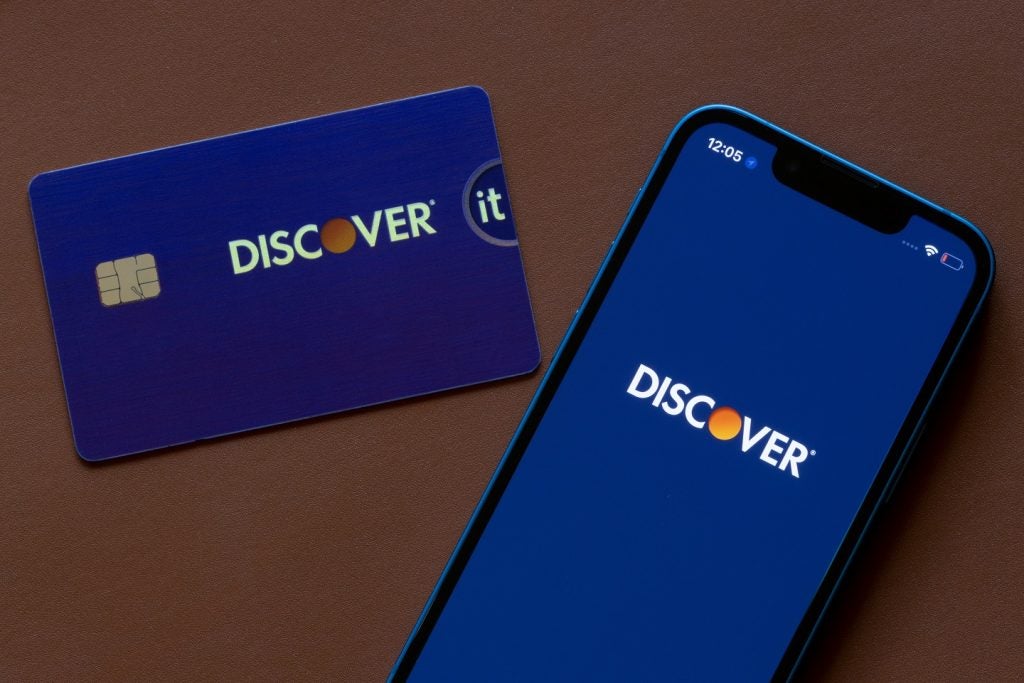Some 60,000 people turned up in Barcelona last week to play a real role—rather than a virtual one—in the world’s biggest mobile event, MWC Barcelona.
After two years away, technology shows—large, crowded, and insightful—are back.
As well as developments around 5G, 6G, and private networks and technologies such as open radio access networks (Open RAN), MWC also played host to 450 start-ups in digital health, fintech, and sports-tech, with funding and talent among the key watchwords.
Hall 6 at the show was home to 4 Years From Now (4YFN), an influential platform that helps start-ups, investors, and corporations connect and grow together. It also featured a dedicated stage to discuss issues around education technology (edtech) and showcased education start-ups.
The metaverse is a key use case
Arguably the tech world’s most intriguing theme is the metaverse, and how its intersection with Web3 and quantum computing develops will be a key area to watch over the next couple of years.
Spanish telecoms company Telefónica, through its Wayra open innovation hub, has already issued a global call for start-ups in the metaverse. Chema Alonso, Telefónica’s chief digital officer, made the pitch in his speech at 4YFN.
How well do you really know your competitors?
Access the most comprehensive Company Profiles on the market, powered by GlobalData. Save hours of research. Gain competitive edge.

Thank you!
Your download email will arrive shortly
Not ready to buy yet? Download a free sample
We are confident about the unique quality of our Company Profiles. However, we want you to make the most beneficial decision for your business, so we offer a free sample that you can download by submitting the below form
By GlobalDataWayra’s Open2metaverse wants to support start-ups specializing in metaverse applications to scale faster, connecting them with Telefónica to generate joint opportunities. Wayra will focus on companies developing the following use cases: connectivity, devices, virtual platforms, identity tools, NFTs, and marketplaces.
In edtech, the metaverse could seemingly deliver significant improvements. According to Professor Esteve Almirall from the Esade Business School in Barcelona, people train four times faster in the metaverse than in the classroom; they are 275% more confident to apply skills learned after training, and four times more focused than their e-learning peers.
MWC – quantum computing’s battle for talent
One of the main technology areas discussed at MWC was quantum computing. A session involving Oxford Quantum Computing’s (OQC) chief executive Ilana Wisby only served to highlight the competition between fledging players for today’s (and tomorrow’s) top talent, funding, and influence.
OQC recently launched a quantum computing as a service (QCaaS) facility and at MWC announced that it had debuted its latest system, Lucy, an eight-qubit quantum processing unit (QPU), on Amazon Bracket, a managed service that helps researchers, scientists, and developers get started with quantum computing.
The search for funds
Alongside the battle for talent, there is a constant hunt for funding. The European Commission is keen to open up funding opportunities through the European Innovation Council worth over EUR10 billion ($11 billion) by 2027 for innovators to scale up and create new markets, for example in quantum computing, new generation batteries, and gene therapy. However, some start-ups have already had their heads turned elsewhere.
In fintech, French start-up Qonto did not need to benefit from EU funding because it already had funds from the US. Qonto, which provides an online business account for freelancers and small and medium-sized enterprises (SMEs), benefited from the insight of US investors, who, according to co-founder and CEO Alexander Prot at MWC, “had already seen the movie”. In other words, they had the know-how to help Qonto negotiate Series D, E, and F funding to IPO. It is not just accessing funds, it is also about getting the right advice on how to do it, especially for later series.




